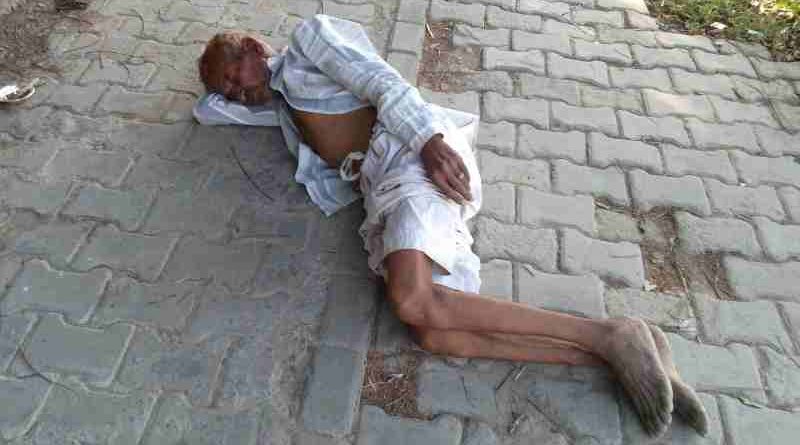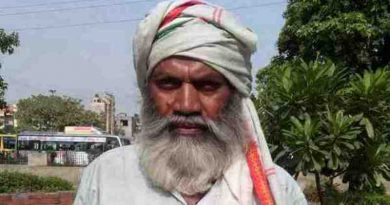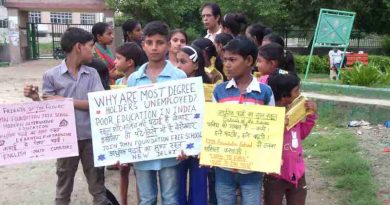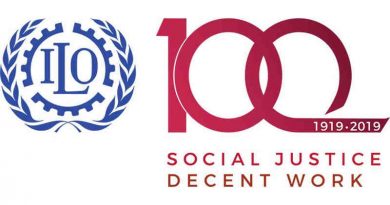No Social Protection for Over 60% People in Asia-Pacific: ILO Report

Only 29 per cent of the world population enjoy comprehensive social protection and more than 1 out of 2 people have no protection at all, says the ILO in its new World Social Protection Report 2017/19.
“The lack of social protection leaves people vulnerable to ill-health, poverty, inequality and social exclusion throughout their lifecycle. Denying this human right to 4 billion people worldwide is a significant obstacle to economic and social development,” said ILO Director-General Guy Ryder.
“While many countries have come a long way in strengthening their social protection systems, major efforts are still necessary to ensure that the right to social protection becomes a reality for all,” Ryder added.
The ILO flagship report provides an inventory of social protection worldwide—covering the state of benefits for maternity, unemployment, old age, healthcare, etc. It reveals that less than 40 per cent of the men and women in Asia-Pacific receive benefits from a social protection programme.
The report recommends an increase of public expenditure on social protection to extend social protection coverage, especially in Asia, Africa and the Arab States, to provide at least a basic social protection floor to all.
[ Slaves in Delhi: How Delhi Govt Fails to Protect Labour Rights ]
It highlights that universal social protection contributes to eradicating poverty, reducing inequality, promoting economic growth and social justice, as well as achieving the Sustainable Development Goals (SDGs), and shows how many developing countries have developed universal schemes.
The report stresses the need to extend social protection to workers in the informal economy as a way of formalizing and improving their working conditions.
“The presence of a large informal economy—representing 54 percent of the workforce in South-East Asia and up to 74 per cent in South Asia —compounds the problem of low coverage,” explains Nuno Cunha, ILO’s Social Protection specialist in Asia-Pacific.
“In many countries social insurance focuses on the formal sector, whilst poor households remain limited to access assistance. But most households in the informal sector are covered by neither social insurance nor social assistance, leaving them unprotected,” says Cunha.
The report identifies, large coverage gaps in child and family benefits, maternity protection, unemployment protection and disability benefits in Asia-Pacific. Of special concern is the low regional coverage of unemployed and disabled peoples, 23 per cent and 9 per cent respectively.
The report also underlines the need to tackle the gap in pension coverage as the region is ageing at an unprecedented rate. “Where OECD countries took 50-100 years to transition from young to old societies, Asian countries are taking just 20-25 years. And yet, nearly half the elderly in the region still do not benefit from a pension, a proportion that is only higher in Africa,” says ILO expert Nuno Cunha.
On average, South-East Asian countries spend just over 1 per cent of GDP on pensions even though 6 per cent of their population are 65+. In contrast, Latin America, with 7.7 per cent of the population 65+, spend nearly 7 per cent of their GDP on pensions.
The World Social Protection Report offers a broad range of global, regional and country data on social protection coverage, benefits and public expenditures on social protection.




